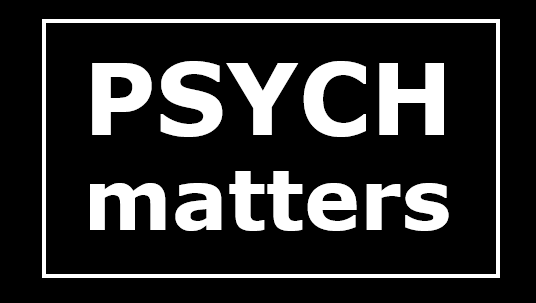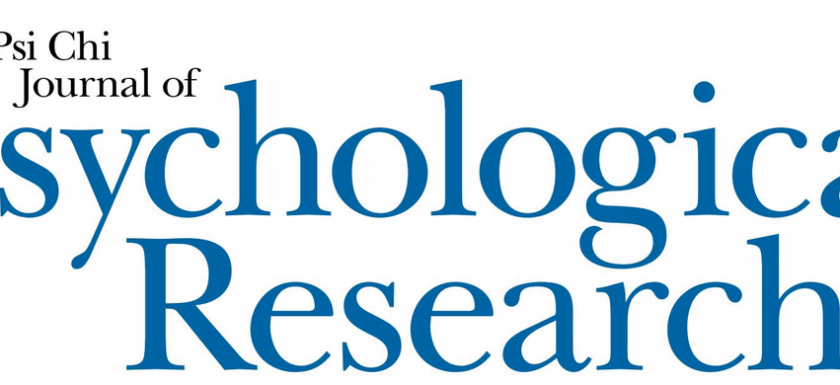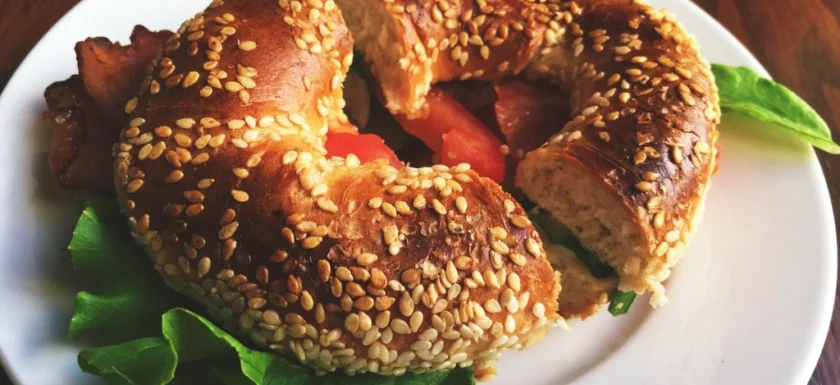Up your Intro Psych knowledge: Recommended books
Intro Psych is the most difficult course we teach because we are not experts in the vast majority of the content. We rely on our Intro Psych textbooks—the one we adopted for our class and a stable of others that our students will never see—to help bring us up to speed in our weaker areas. Those who are lucky enough to have the funds go to conferences where they can hear experts who bring our knowledge up to date. For example at the 2025 Psych One Conference, we heard Kenneth Carter talk about how we can use high sensation-seeking behavior to help our students thinkRead More →







